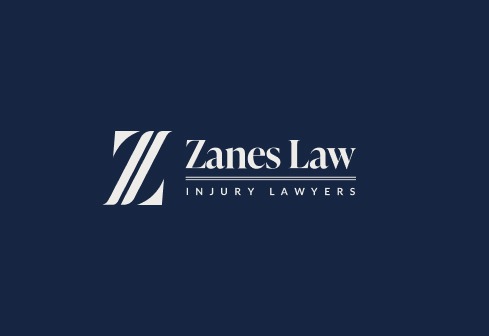Eliminating Traffic Fatalities, Lessons from Sweden
As a Phoenix personal injury lawyer, I wonder if Phoenix can improve its traffic accident rates by focusing on the design of its roads rather than trying to change human behavior? Swedish traffic safety experts indicate that it’s possible. In 1997, Sweden adopted a “Vision Zero” policy, which has the goal of developing a road system that has no traffic fatalities or serious injuries.
Under this policy, Sweden acknowledges that human flaws and errors are going to be made while driving—because that’s part of being human. But instead of reducing traffic accidents by trying to perfect human behavior, traffic safety strategists concentrate on ensuring that the most foreseeable mistakes don’t result in deaths or grave injuries.
But how to do this?
“Targets are a key in the management of traffic safety. Improvements don’t happen by themselves at random,” says Claes Tingvall,former Director of Road Safety at the Swedish Road Administration. “You have to break targets down and make them meaningful.”
Tingvall explains that an initial target might be something general such as halving the number of deaths on the road, but the next step must be more consequential. “Break this [initial goal] down into components related to safety, seatbelt use, infrastructure, speed control and the like… [T]argets should be challenging but meaningful.”
The Swedes focus on four key areas: safer roads, safer vehicles, safer speeds and safer people. To these ends, they’ve honed in on updating high-risk rural roads, adopting advanced car technology, setting appropriate speeds for road conditions, and coming up with effective ways to get people to comply with the rules.
As a result, “we have increased the compliance on these roads from 50 to more than 80 or 90 percent,” says Tigvall.
In fact, in 1997, seven people per 100,000 were killed on Swedish roads. By 2015, fewer than three people per 100,000 died, giving Sweden one of the best road safety rates in Europe.
In light of the Swedish success, many countries and some U.S. cities have adopted some version of a Vision Zero policy. In New York City, Mayor Bill de Blasio adopted a similar policy in 2014, with the goal of eliminating traffic fatalities by 50 percent by 2025. Fatalities have declined in the four years since, and in the first half of 2018, the city logged a record low of pedestrian fatalities.
In 2018, Tempe became the first Arizona city to initiate a Vision Zero policy. We’ll be watching its progress.
In the meantime, if you are involved in a car accident, contact Zanes Lawat (866)499-8989 for a free consultation. We can give you insight about how to handle insurance companies, obtain fair compensation and feel more in control.
Also, if you need help with any immigration-related issue, don’t hesitate to visit our site immigrationinformation.org.




